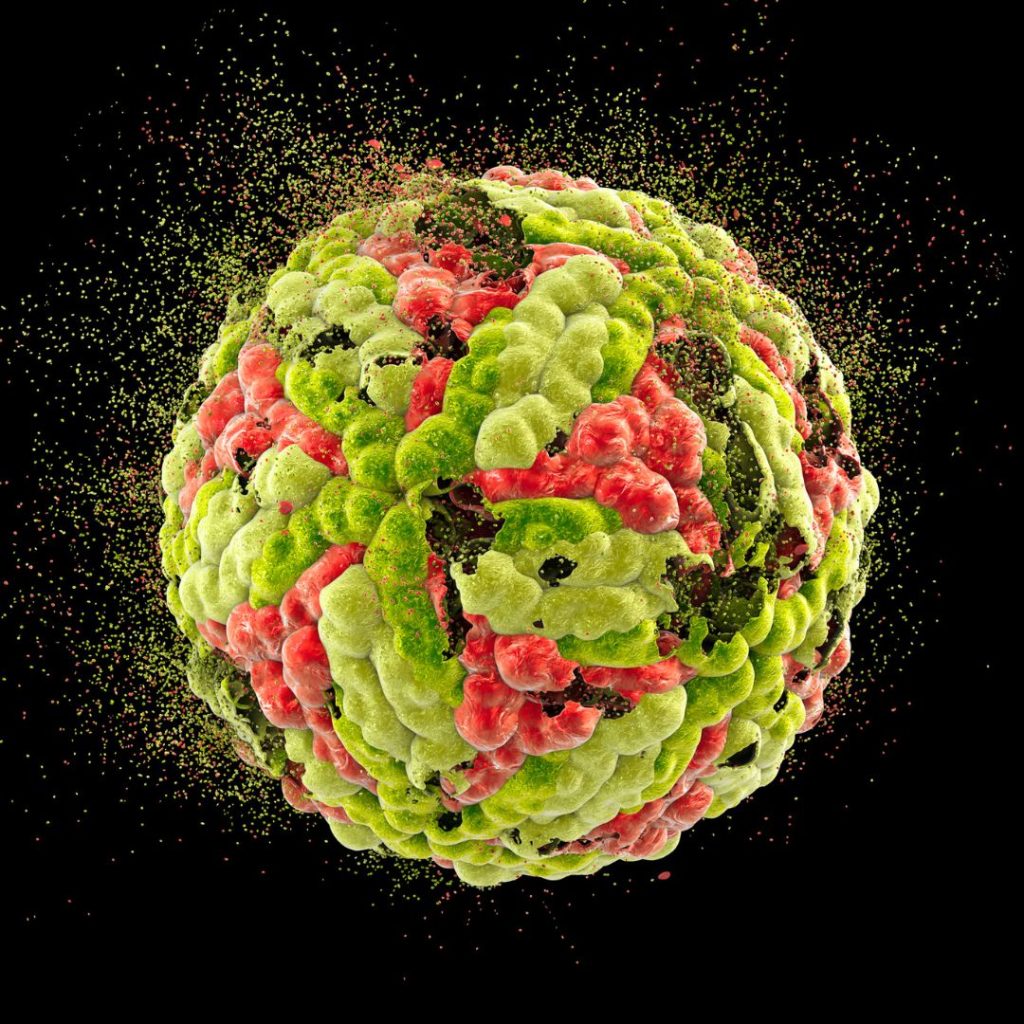The global incidence of type 1 Diabetes is on a disturbing upward trend, affecting approximately 9 million people, many of whom are children. The daily reality for these individuals involves a relentless regimen of up to 65,000 insulin injections and over 80,000 blood glucose checks throughout their lifetime. This disease does not discriminate by age and can be diagnosed in adults as well as young children.

For decades, the medical community has focused on managing the symptoms of type 1 Diabetes rather than curing the disease. Traditional treatments help manage blood sugar levels but do nothing to stop the autoimmune attack on pancreatic beta cells. Consequently, patients and their families face immense challenges, from meticulous carbohydrate counting to managing the risks of life-threatening hypo- or hyperglycemic episodes.
Proteome Therapy emerges as a groundbreaking innovation with the potential to transform the landscape of type 1 Diabetes treatment. This therapeutic approach targets the proteome, the entire set of proteins expressed by an individual's genome, which plays a pivotal role in the disease's progression and management. By focusing on the proteome, scientists aim to develop treatments that can prevent the immune system from attacking pancreatic cells, thus addressing the disease at its source.

Proteome Therapy involves analyzing the protein patterns specific to type 1 Diabetes to understand better how the immune system interacts with pancreatic cells. The goal is to develop a therapeutic intervention that can modulate these protein interactions, preventing the immune system from destroying insulin-producing cells. This approach not only aims to halt the progression of the disease but also hopes to restore the body’s natural ability to produce insulin, reducing or potentially eliminating the need for insulin injections.
The potential of Proteome Therapy to cure type 1 Diabetes represents a significant breakthrough in medical science. While still in the research phase, the promise of this therapy offers hope to millions who currently live with the daily challenges of type 1 Diabetes. It opens the possibility of a future where diabetes can be managed more effectively or even cured, dramatically improving the quality of life for patients and reducing the overall healthcare burden of managing chronic diabetes complications.

As the scientific community continues to explore and develop proteome therapy, the anticipation grows for a solution that could potentially end the daily struggle of those living with type 1 Diabetes. By focusing on the underlying causes rather than just the symptoms, proteome therapy holds the promise of transforming diabetes care and giving patients a new lease on life. This exploration of Proteome Therapy highlights not only its potential as a transformative treatment but also the necessity of ongoing research and investment in this area. As we look towards a future where type 1 Diabetes could be a thing of the past, the role of innovative treatments like Proteome Therapy will be paramount in turning this vision into reality.

Rewrite your health story
Alera Med
A brand of Immunyo Limited
160 Collins Avenue East
Dublin 5, D05 E622
Dublin, Ireland
Speak to an expert